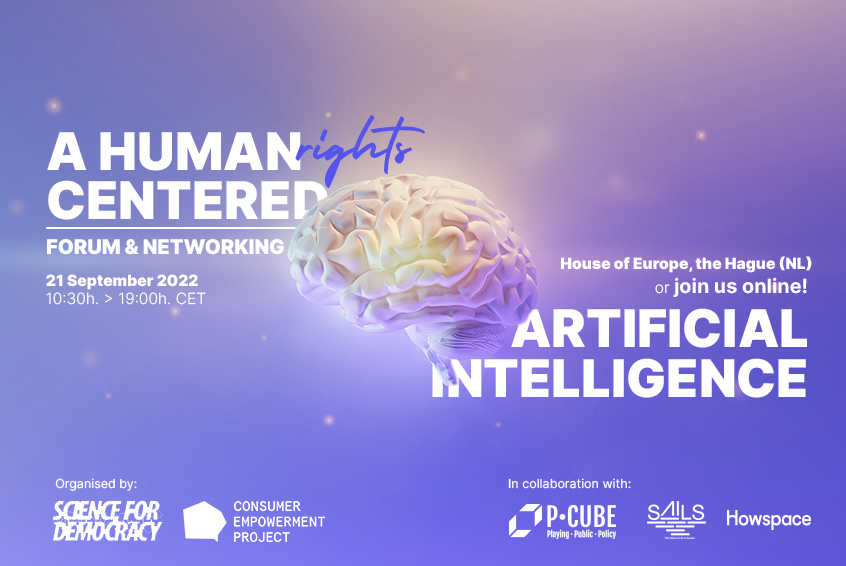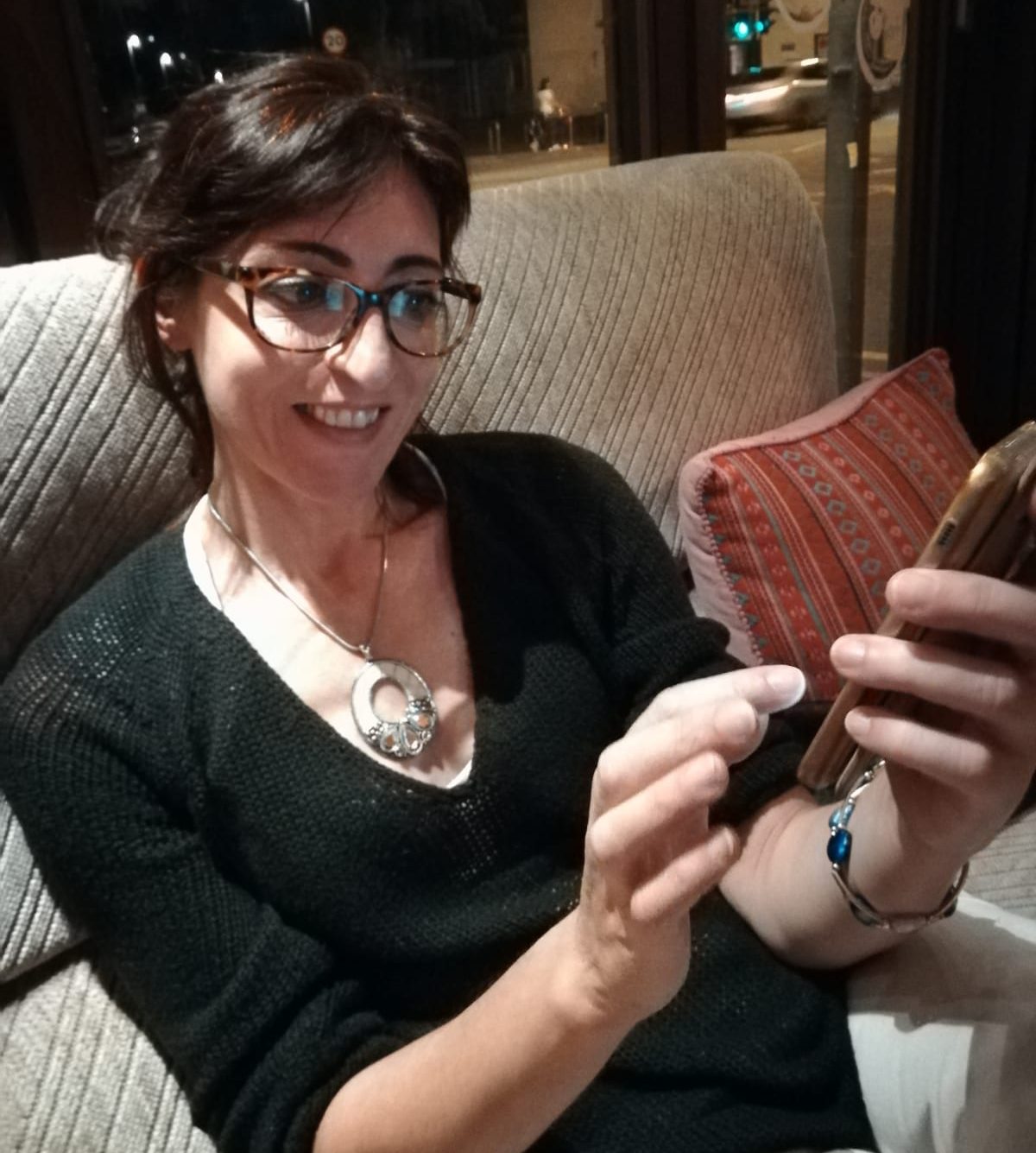
By Marco Perduca
A most recent search for articles on Africa in the international press will include: the decision, yet to be confirmed, of the Sudanese transitional administration to send Omar al-Bashir to the International Criminal Court that in 2009 indicted him of crimes against humanity, genocide and war crimes; the latest killing of Boko Haram or secessionist activities in Cameroon; chaos in Libya, unrest in Algeria; a contested election in Malawi, impunity in Kenya, and scandals in the Democratic Republic of the Congo or Angola. North-south relations revolve around the need to defend European borders, enforce arms embargoes, boost military cooperation against terrorism – or hide questionable arms deals.
This is the type of reporting that characterizes Africa in the Western media. But Africa is more than a peril for us or a lost cause for its inhabitants, way more than we are led to believe.
According to the World Health Organization, the five major causes of death in Africa (even if in constant decline) are lower respiratory tract infections, HIV/AIDS, diarrhoea, ischaemic heart disease, parasites and vector-borne diseases. On top of health-related issues, the two most common reasons for deaths in the continent are car accidents and interpersonal violence, not armed conflicts. But if we were to judge by the way in which Africa is covered by western media, Africa would still be considered a part of the globe which is on fire due to national and international wars. Africans die for diseases that, in many cases, could be treated with better care and improved welfare systems staffed by prepared professionals.
In an article published in Nature last summer, a group of African researchers made a public call to Build science in Africa arguing that to “cope with climate change and population growth, the continent urgently needs more home-grown researchers”.
We had just come back from Addis Ababa with Marco Cappato to prepare the convening of the 6th World Congress on Freedom of Scientific Research and, perfectly in line with what was proposed by African researchers, we decided to involve them in a seminar at the Law Faculty of the Addis Ababa University in November to address all the problems faced by science in Africa in a moment in which science is becoming so central to the global public debate that the United Nations have decided to dedicate a General Comment to her.
The notion that science is a human right is recent, but mentions of science can be found in dozens of international and regional documents from the Universal Declaration of Human Rights in article 27 to article 15 of the International Covenant of Economic Social and Cultural Rights; as recently as 2017 UNESCO has adopted a definition of science. When a country ratifies an international instrument on human rights it agrees to do its utmost to fulfil the obligations deriving from that commitment. If there is no excuse for countries not to respect those obligations, the economic situation of each State may present different scenarios in terms of resources to allow the full enjoyment of economic, social and cultural rights. Multilateral cooperation, conditioned to the respect of human rights, should progressively upgrade the fields in which it articulates its support. There are hundreds of individual and successful cooperations between universities that have been ongoing for years, but the lack of a free scientific space, the hurdles posed to the movement of scientists, researchers, students, and the problems in having diplomas and other academic titles recognized across the world hinders scientific research.
And it is exactly around this that a more structured, comprehensive and trans-national dialogue between rich and developing countries should start: on the need to allow – for all – the full enjoyment of the benefits of scientific progress and its implications, from those historically known to the latest developments. If science is a human right, and as we have seen it is, we need to urge international institutions to invest in freedom of research, in the sharing of knowledge and in the enjoyment of the benefits of applied science.
While there still remains a lot to be done to strengthen the traditional activities promoted in the field of international cooperation for development, additional attention should be dedicated to adopt rules and regulations at the international level to allow a freer sharing of researches and researchers and patients from north to south and vice versa, to invest in providing essential but also more sophisticated medicines to developing countries and in promoting research in all sorts of fields in the so-called “global south”.
The 6th session of the World Congress on Freedom of Scientific Research, facilitated and hosted by the Commission of the African Union, will address issues from stem cell research to precision medicine, reproductive health, new breeding techniques and the introduction of new products in the market as well as free and open access to science, knowledge open data and artificial intelligence to highlight the many issues related to the “right to science” that need to be protected and promoted as if they were a human right. We hope that the two-day gathering will adopt a set of recommendations to contribute to a global movement to promote reforms that are based on facts, freeing decisions from still existing and powerful ideologies – starting perhaps from the one that depicts Africa as “the third world”.






